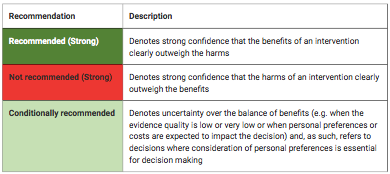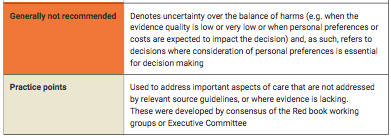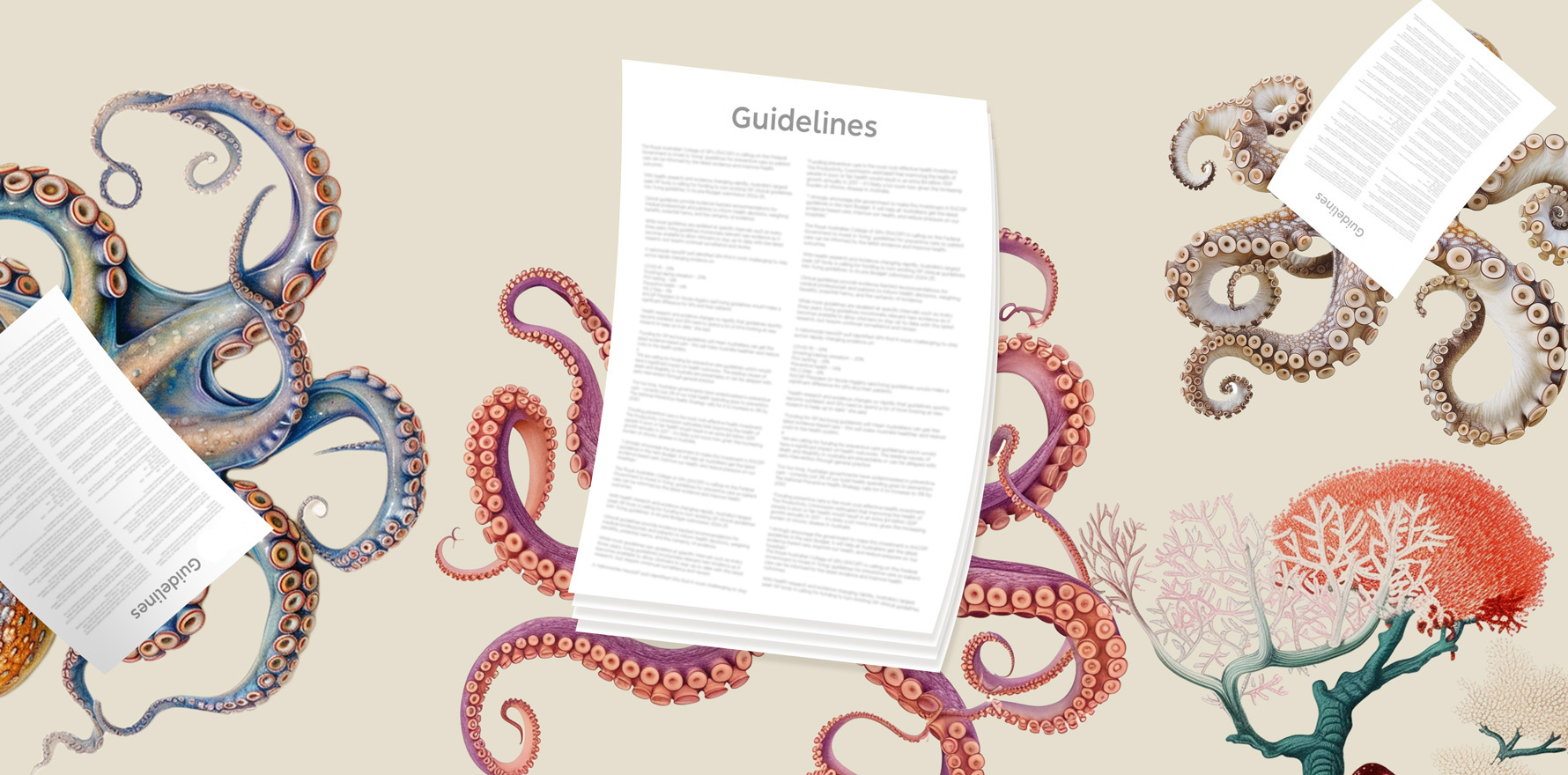Weighing in at 370 pages and maintaining the apple-a-day theme, the new edition includes a globally recognised rating system and advice on a wealth of new conditions.
This morning the RACGP released the 10th edition of its iconic, red apple-fronted guidelines for preventive activities in general practice, otherwise known as the Red Book.
First published in 1987, each edition has expanded to reflect the increase in the expected bandwidth of GPs over the decades, RACGP Red Book chair Professor Danielle Mazza told the inauguration party.
“When we started this process, I was given a copy of the first Red Book published in 1987 and it’s tiny,” said Professor Mazza.
“If you think about what the Red Book is today, how comprehensive it is and the range of topics that it covers that we [as GPs] need to address, it reflects really the amount of work that has gone into putting this together.”
Beyond an aesthetic update and a “very tight template” – to keep the almost 400-pager manageable – a major advance of the new edition was the use of the internationally recognised GRADE framework, a traffic light system for rating recommendations.


“Previously the recommendations were referenced, but the GRADE framework talks about the strength of the evidence and gives GPs better confidence in relation to the recommendations being made,” said Professor Mazza.
Professor Mazza told The Medical Republic that by including links to tools and resources and ensuring chapter uniformity, the new guidance should be “very easy to navigate”.
The 10th edition also explores “more topics than ever before”, said Professor Mazza.
“One of the major updates that I’m very proud of is the expanded section on women’s health, and this includes supporting women across their reproductive lifespan, from preconception care right through to post menopause. A monumental amount of work has gone into updating this Red Book.”
The Red Book also flags what not to do.
“Importantly, it continues to highlight screening and tests that are not supported by the evidence and that shouldn’t be conducted, which is a cost saving,” said Professor Mazza.
The update process was a little different this year, involving an executive committee, chapter leads and an extensive scan of all national and international guidelines, she said.
No wonder it has weighed in at over double last year’s page count and has taken a few years longer than expected.
“We were just about to embark on the new edition as covid struck,” Professor Mazza told TMR.
“Everyone involved was completely overwhelmed by covid. So we stopped, and we reconvened as things started to settle – that’s why it’s taken so long.”
Related
The new edition focuses on evidence-based screening, prevention of chronic disease, early detection of disease, and empowering patients through health education and promotion.
“Today, Australia is in the grips of a chronic disease epidemic with nearly half of all Australians living with at least one or more chronic conditions, and almost one in five with two or more,” said Professor Mazza.
“Almost half of all Australians have health conditions that could have been prevented.
“We’re in an environment where there is so much misinformation and there’s so much ‘more is better’ and the potential for overdiagnosis.
“[The Red Book] is something that [GPs] can show their patients and say ‘this is what is guiding my advice to you’ when [patients] come in having been pushed and pulled by social influences, media, TikTok, whatever is pushing them towards things that are not necessary or not evidence-based.
“The Red Book also continues to maintain focus on who are the priority populations that are really suffering from these conditions by giving GPs information about the prevalence in the general population.”
The college also renewed calls for funding to create living guidelines, as current guidelines are entirely supported by the college.
Also in attendance at the inauguration was federal assistant health minister Ged Kearney, who admitted she was yet to read the Red Book.
“I’m sure it’s an absolutely fabulous read.”
Quoting the college’s president Dr Nicole Higgins, Ms Kearney said, “we need to put generalism into the entire medical curriculum”.
“General practice is the heartbeat of primary healthcare and we very much appreciate everything you do.
“Thank you for the service that you provide to our community.
“We wouldn’t be here without you, literally.”
One hopes the feds will put their money where their mouth is.




